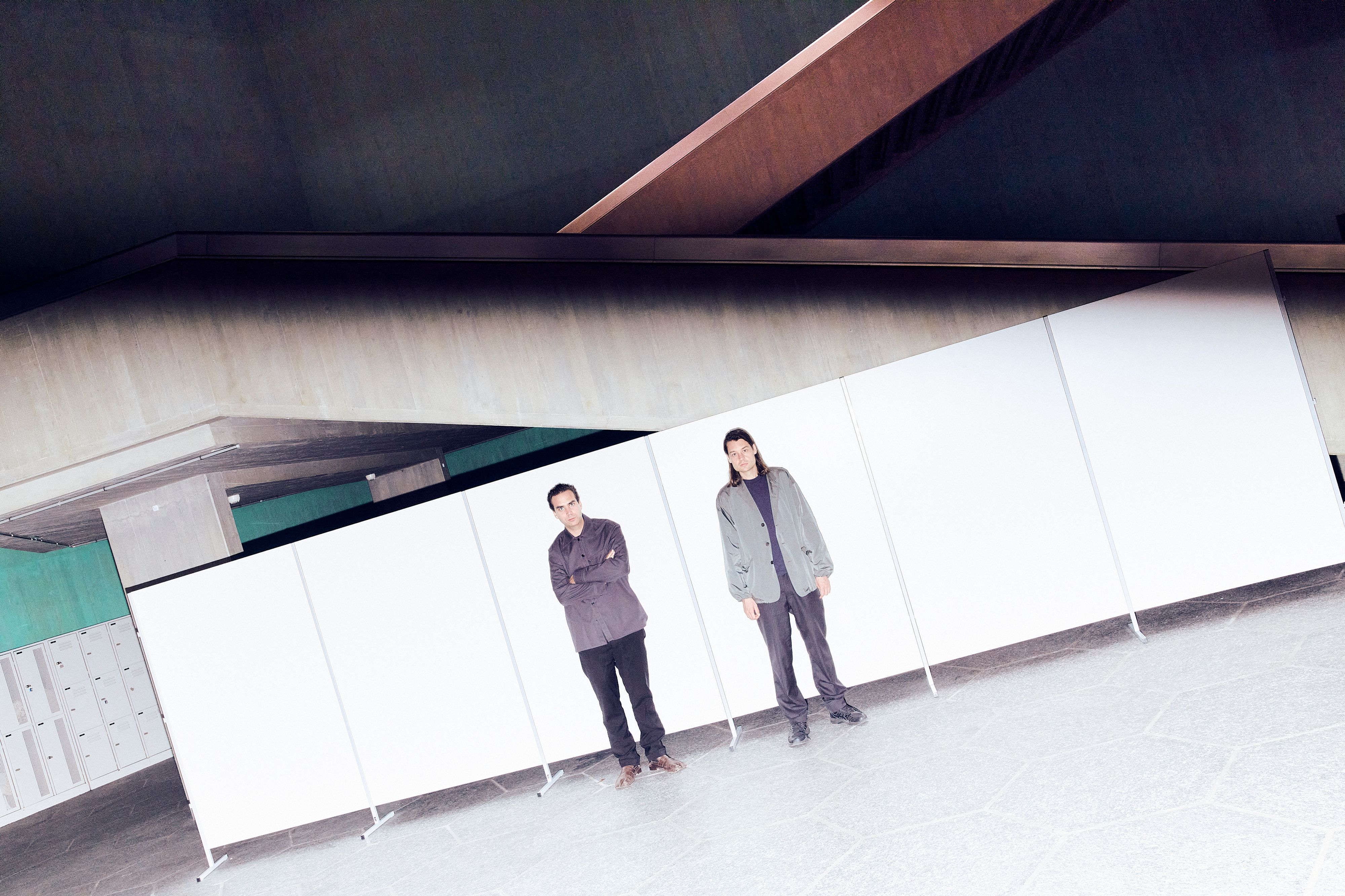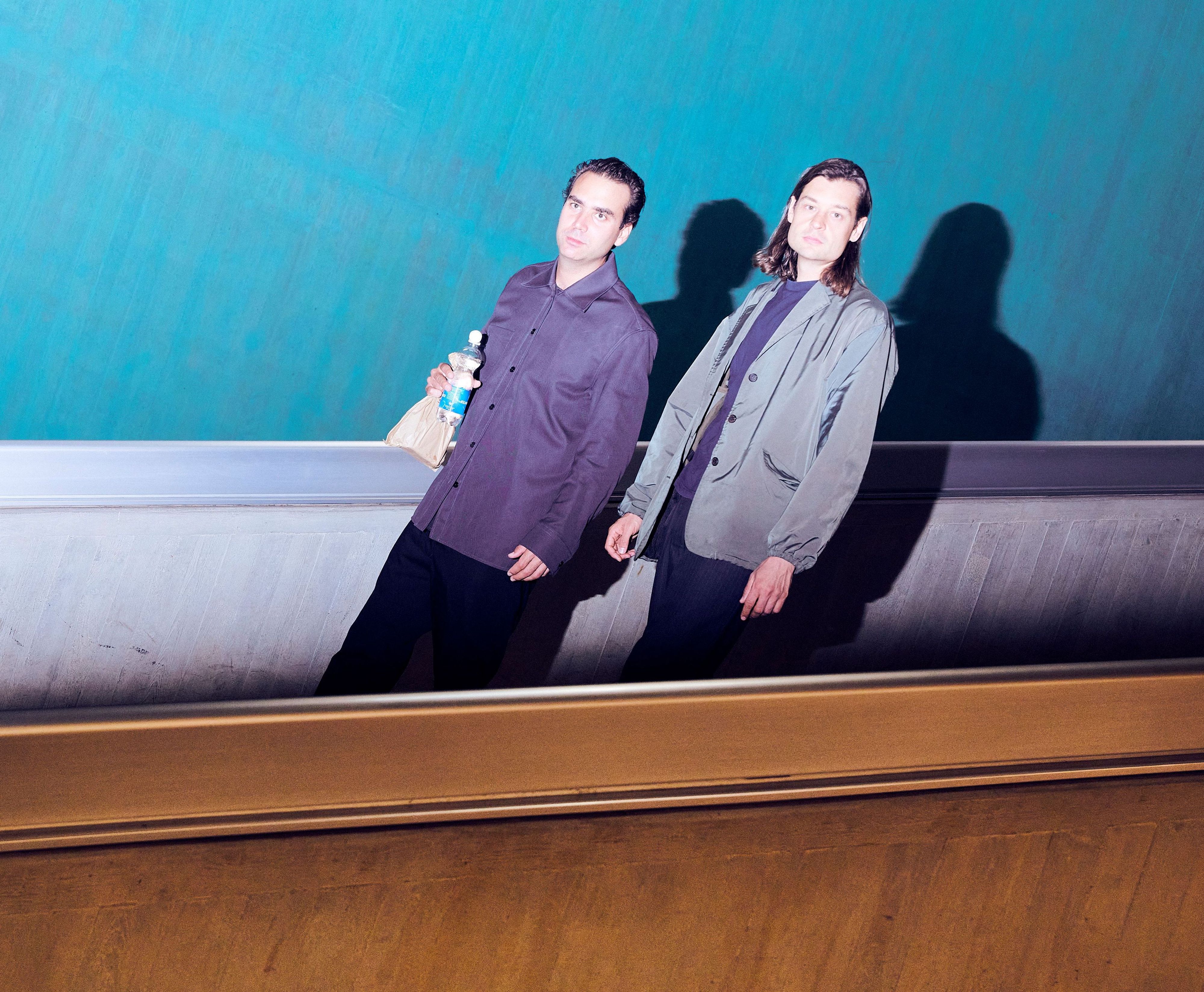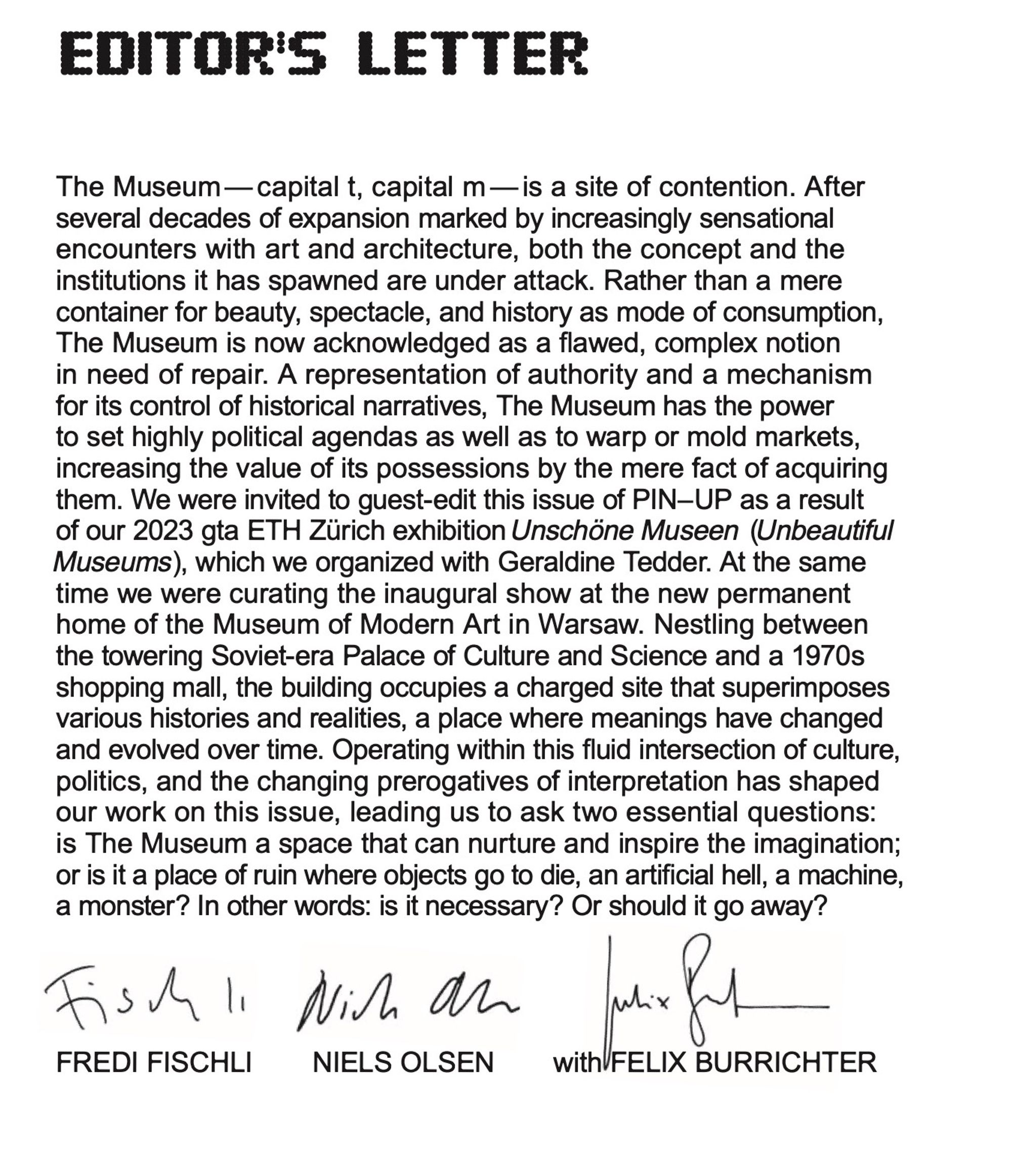
Fredi Fischli and Niels Olsen. Portrait by Thaddé Comar for PIN–UP.

Fredi Fischli and Niels Olsen. Portrait by Thaddé Comar for PIN–UP.
PIN–UP 37 MUSEUM ISSUE
OUT NOVEMBER 19, 2024
For a new series of guest-edited editions, PIN–UP invited Swiss architecture curators Fredi Fischli and Niels Olsen, directors of gta exhibitions at the Institute for the History and Theory of Architecture at ETH Zürich. Fischli and Olsen, who have curated numerous exhibitions on art and architecture together, selected a subject close to their hearts: museums. In anticipation of the upcoming release of PIN–UP 37 on November 19, 2024, we are excited to publish their editor’s letter here.

Fredi Fischli and Niels Olsen. Portrait by Thaddé Comar for PIN–UP.
”The Museum — capital t, capital m — is a site of contention. After several decades of expansion marked by increasingly sensational encounters with art and architecture, both the concept and the institutions it has spawned are under attack. Rather than a mere container for beauty, spectacle, and history as mode of consumption, The Museum is now acknowledged as a flawed, complex notion in need of repair. A representation of authority and a mechanism for its control of historical narratives, The Museum has the power to set highly political agendas as well as to warp or mold markets, increasing the value of its possessions by the mere fact of acquiring them. We were invited to guest-edit this issue of PIN–UP as a result of our 2023 gta ETH Zürich exhibition Unschöne Museen (Unbeautiful Museums), which we organized with Geraldine Tedder. At the same time we were curating the inaugural show at the new permanent home of the Museum of Modern Art in Warsaw. Nestling between the towering Soviet-era Palace of Culture and Science and a 1970s shopping mall, the building occupies a charged site that superimposes various histories and realities, a place where meanings have changed and evolved over time. Operating within this fluid intersection of culture, politics, and the changing prerogatives of interpretation has shaped our work on this issue, leading us to ask two essential questions: is The Museum a space that can nurture and inspire the imagination; or is it a place of ruin where objects go to die, an artificial hell, a machine, a monster? In other words: is it necessary? Or should it go away?” — Fredi Fischli and Niels Olsen

Fredi Fischli and Niels Olsen. Portrait by Thaddé Comar for PIN–UP.
